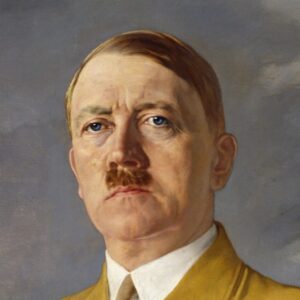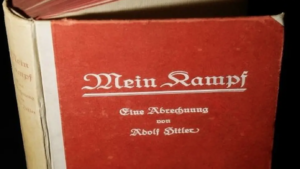by Gaedhal
Let us take the problem of pornography. Pornography cannot be banned anywhere unless it is banned everywhere. To ban pornography, anywhere—and thus everywhere—would require global governance.
The beginnings of global systems of governance such as the UN and Interpol allow us to tackle the global problem that is the trafficking in child-abuse imagery on a global scale.
Ultimately, I am not a white nationalist, I am a white globalist: I want a white globalist imperium. However, that imperium would consist of self-governing vassal states. To the extent that these vassal states or client states do not cause any global problems, the Global Imperium would leave them alone. However, once a vassal state starts causing global problems, then the legions are sent in to subdue them.
______ 卐 ______
Editor’s 2 cents:
 This is precisely what Adolf Hitler attempted. For having lost, look at the grotesque state Europe is in now. By the way, I fixed a few typos of my article about my visit to Europe this year, and the revised PDF can be read here (I’ll delete the now-obsolete PDF later today).
This is precisely what Adolf Hitler attempted. For having lost, look at the grotesque state Europe is in now. By the way, I fixed a few typos of my article about my visit to Europe this year, and the revised PDF can be read here (I’ll delete the now-obsolete PDF later today).



